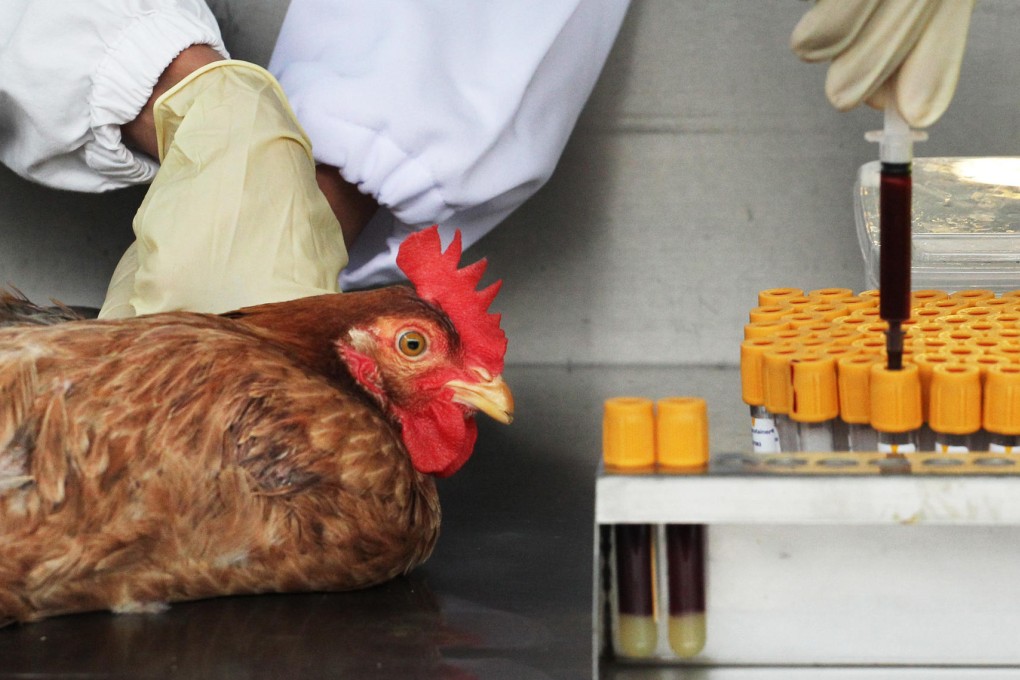Lab report
Some people - particularly indigenous Australians and Alaskans - may be more vulnerable to infection by the H7N9 influenza virus, a study by the University of Melbourne suggests.

Some people - particularly indigenous Australians and Alaskans - may be more vulnerable to infection by the H7N9 influenza virus, a study by the University of Melbourne suggests. Humans have no prior history with H7N9 and so lack antibodies against the virus. Previous animal and human studies suggest certain T-cells - white blood cells involved in immune responses - can diminish disease severity and may provide some protection against H7N9. The study, published in the journal Proceedings of the National Academy of Sciences, estimates between 16 and 57 per cent of the population have this pre-existing T-cell immunity. Among those who do not have it because of their genetic makeup are the indigenous people of Alaska and Australia.
Biocides used in the food industry may endanger rather than protect, public health by increasing antibiotic resistance in bacteria and enhancing their ability to form harmful biofilms, says a study in Applied and Environmental Microbiology. Researchers at the University of Leon in Spain exposed Escherichia coli bacteria to sublethal concentrations of sodium nitrite, sodium hypochlorite and trisodium phosphate. Exposure to sodium nitrite increased the resistance to 14 out of 29 antibiotics tested. E. coli cells also acquired tolerance to sodium nitrite and sodium hypochlorite, which improved the microbes' ability to form biofilms. Sodium nitrite is a common ingredient added to processed meats and fish that helps preserve the food and prevent bacterial growth that causes botulism.